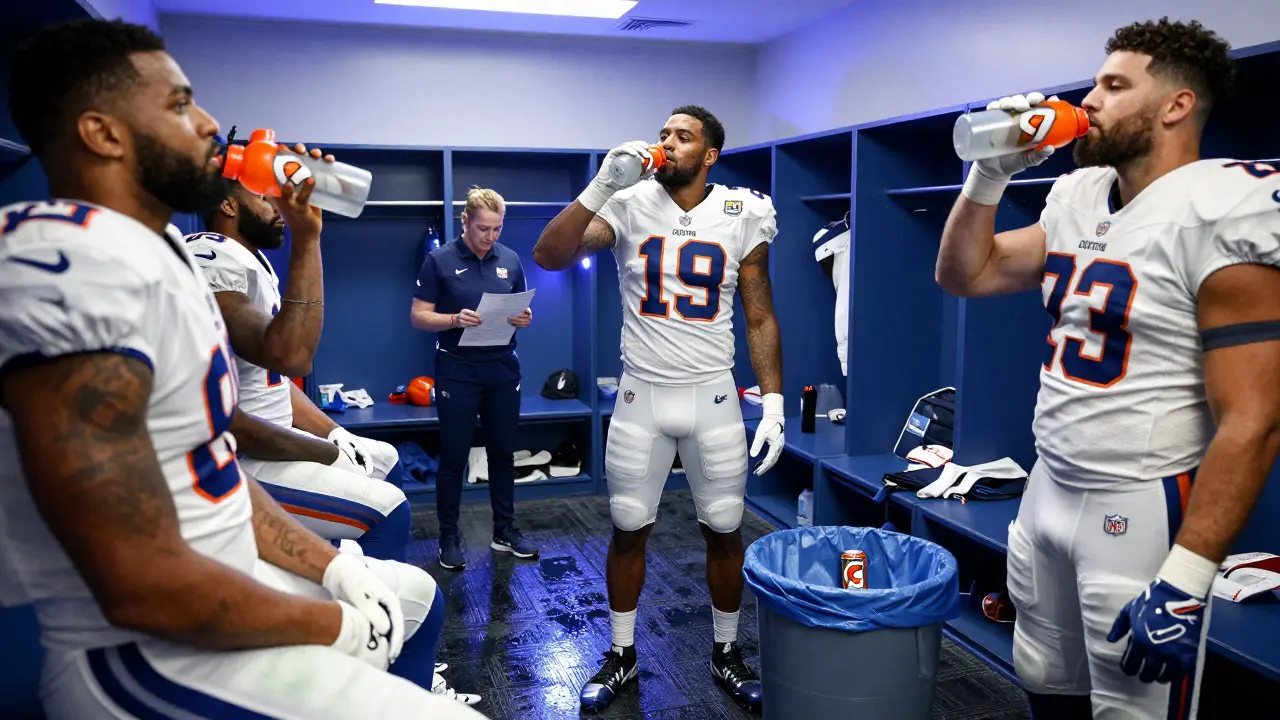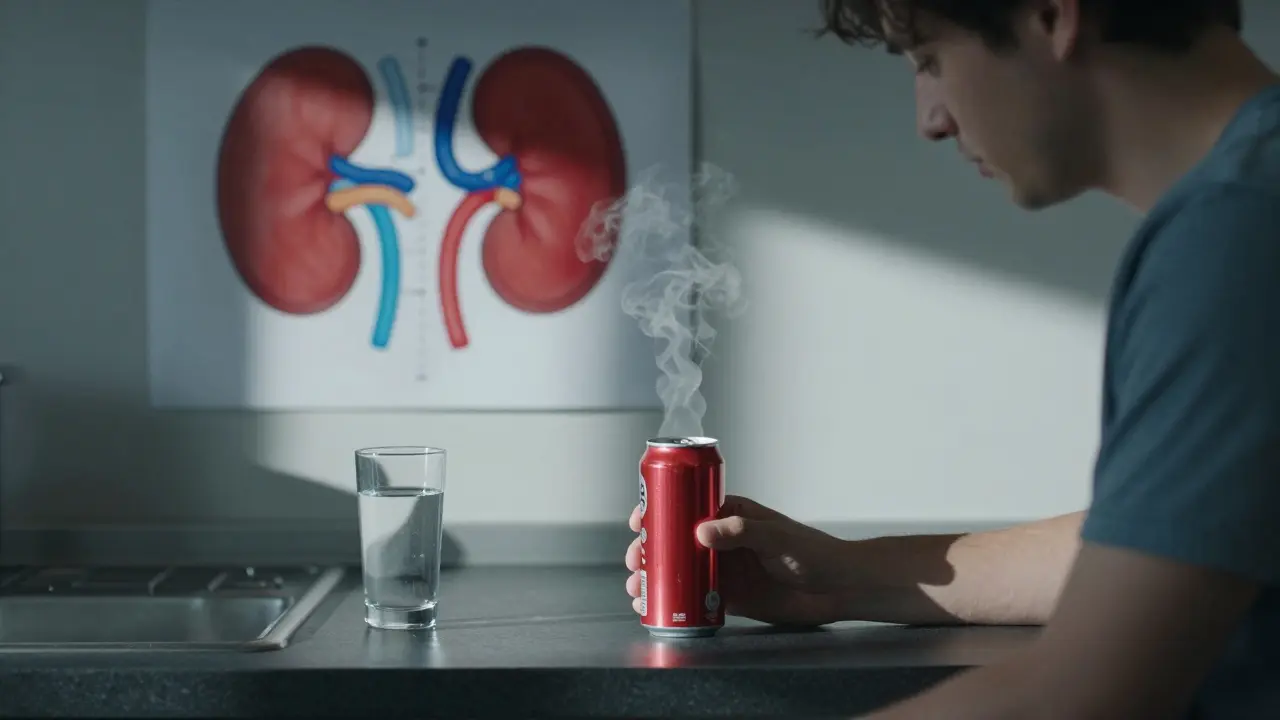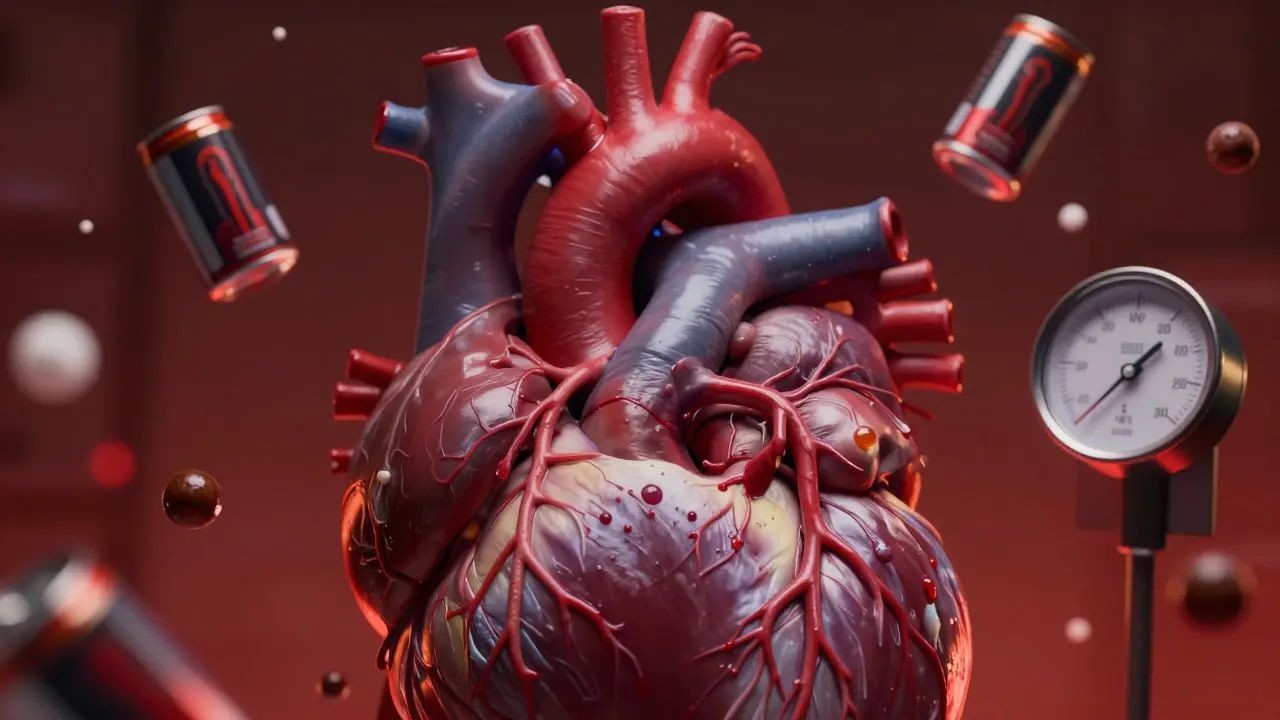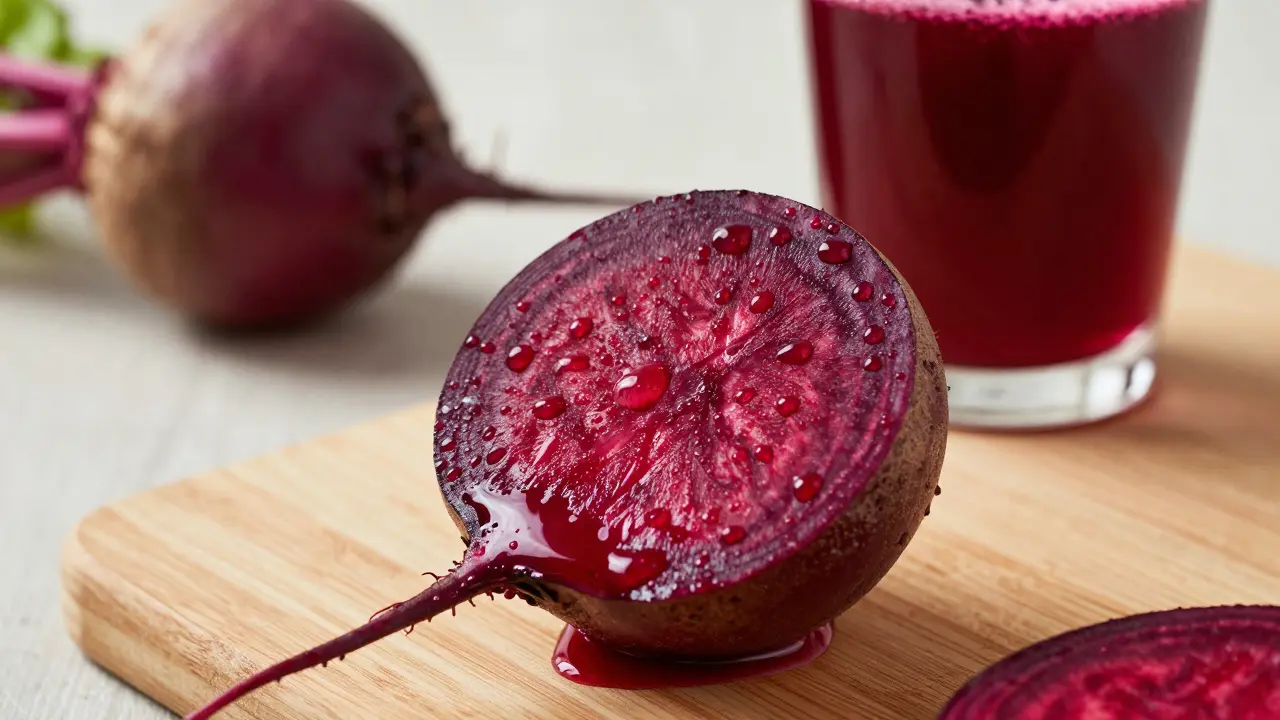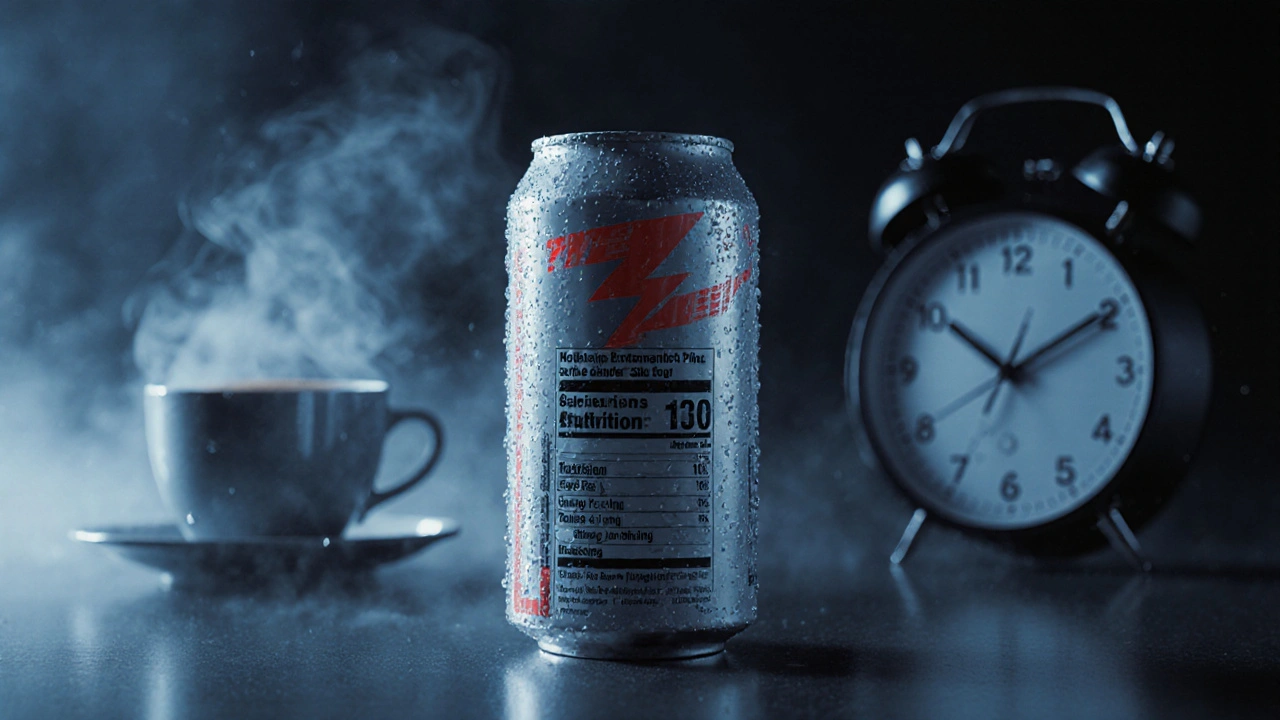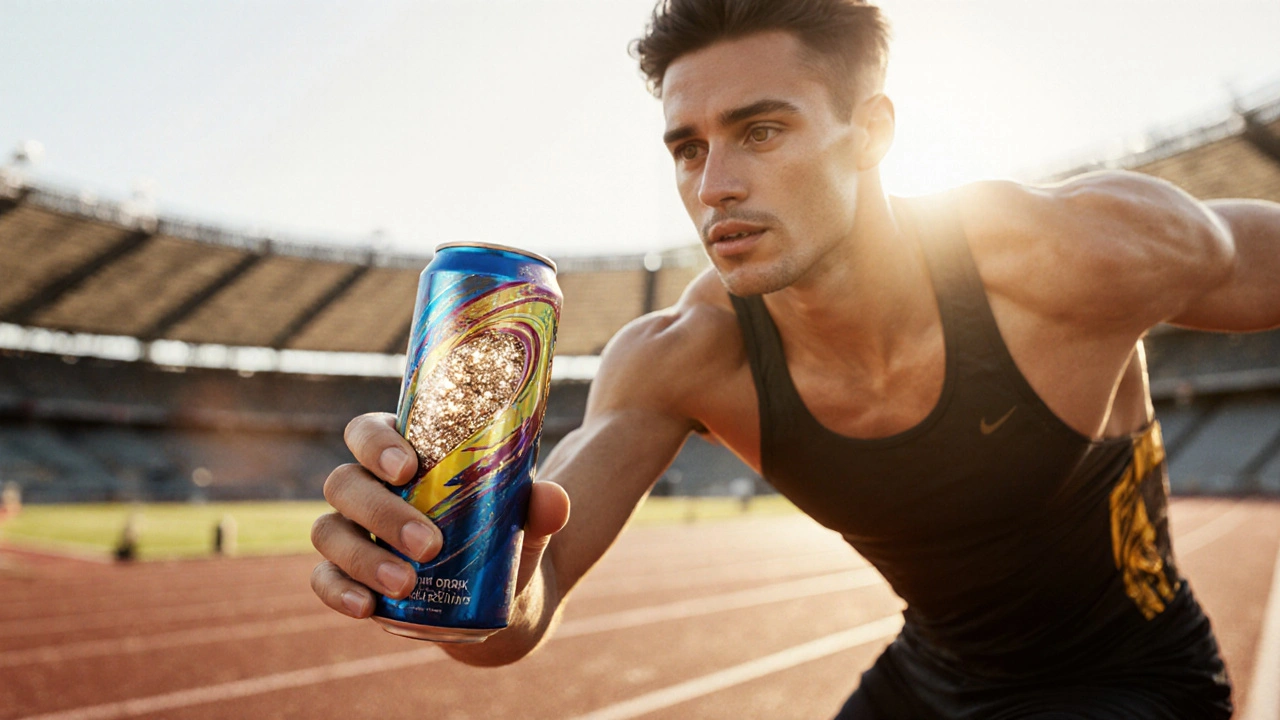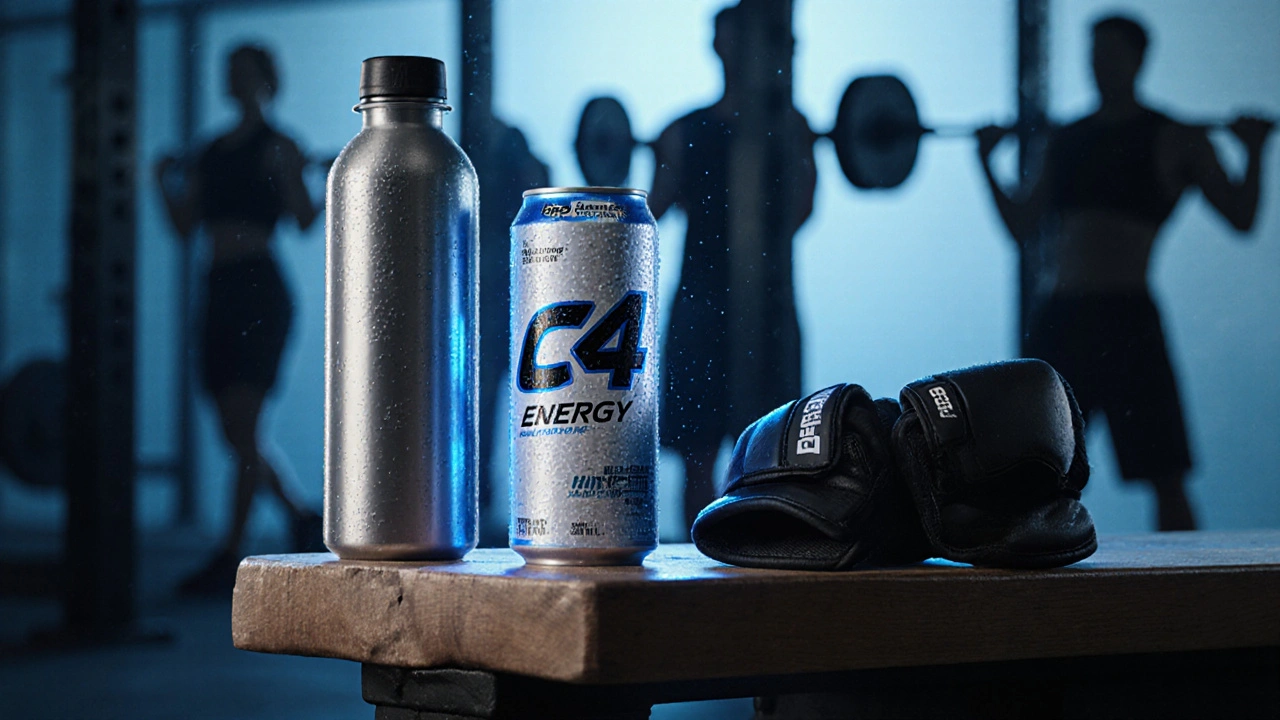Caffeine: What It Really Does and How to Use It Wisely
Caffeine is everywhere—from your morning coffee to energy drinks that promise a quick boost. But how does caffeine actually affect your body? And when does a helpful pick-me-up turn into a health risk? Let’s break it down so you can make informed choices when reaching for that caffeinated beverage.
Caffeine works by stimulating your central nervous system, helping you feel more awake and alert. That’s why it’s a favorite for battling sleepiness or fatigue. But not all caffeine doses are created equal. For example, in some energy drinks, caffeine mixes with sugar and other ingredients which can impact your energy and health differently than just a cup of coffee.
How Much Caffeine Is Safe?
Most health experts recommend up to 400 mg of caffeine a day for healthy adults—that’s about 4 cups of coffee. But individual tolerance varies. Some people feel jitters and anxiety with less, while others handle it well. Drinking 2 coffees a day, as many do, usually fits within safe limits. Just don’t forget to balance it with water and watch out for caffeine hidden in sodas, tea, and energy drinks.
Kids, pregnant women, and people with certain medical conditions should consume less or avoid caffeine entirely. It’s smart to listen to your body. If you feel heart palpitations, trouble sleeping, or nervousness, cutting back is a good idea.
Common Caffeine Myths You Should Skip
Here’s a quick myth buster: caffeine doesn’t actually dehydrate you when consumed in usual amounts. Also, it’s not a strong drug causing addiction like some might think. Some articles mix caffeine with terms like "dependence," but real caffeine effects mostly mean mild cravings, not serious addiction.
Another myth is that caffeine gives you instant energy from nowhere. Actually, it just masks tiredness temporarily by blocking signals in your brain, so the energy you have is still limited by how much rest and fuel your body has.
Knowing what caffeine is and how it works helps you use it in a smart way—as a tool, not a crutch. Whether it’s a coffee break, a soda, or your favorite energy drink, keep these facts in mind. Your body and mind will thank you for it.
NFL players avoid energy drinks during the season due to health risks and team policies. Instead, they rely on electrolyte solutions, black coffee, and science-backed recovery tools. Here’s what actually fuels them on and off the field.
Energy drinks can stress your kidneys through caffeine, sugar, and dehydration. Regular use increases kidney stone risk and may cause long-term damage. Learn what science says and how to protect your kidneys.
Energy drinks overload your heart, liver, and kidneys with caffeine and sugar. The heart bears the biggest risk, but long-term use can cause lasting damage to multiple organs-even in healthy people.
No energy drink truly opens arteries. While some contain ingredients like L-citrulline, the high caffeine and sugar content actually restrict blood flow. Real artery support comes from beetroot juice, green tea, and hydration.
Caffeine is a drug-even in energy drinks. Learn how it affects your brain, why it causes crashes, who should avoid it, and what’s really in your can.
College athletes can't drink energy drinks because many contain banned stimulants like caffeine above NCAA limits, synthetic compounds, or hidden ingredients that risk eligibility. Safe alternatives exist-and they’re better for performance and health.
Explore the benefits, risks, and smart usage tips for athletes considering energy drinks, with clear guidance on caffeine, carbs, electrolytes, and alternatives.
A deep dive into C4 energy drink's ingredients, health risks, safe usage tips, and how it compares to other popular energy drinks.
Energy drinks seem everywhere from local gyms to international sports events, but their real impact on athletes is often misunderstood. This article digs into what actually happens when athletes use energy drinks, breaking down their ingredients, effects, and whether they truly improve performance. It covers science-backed facts, common myths, and smart tips for athletes thinking about grabbing a can before a big game. If you're active and considering energy drinks, this article helps you decide what's best for your health and your goals.

